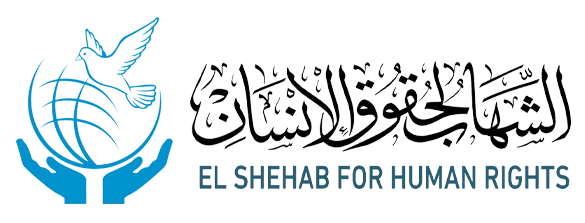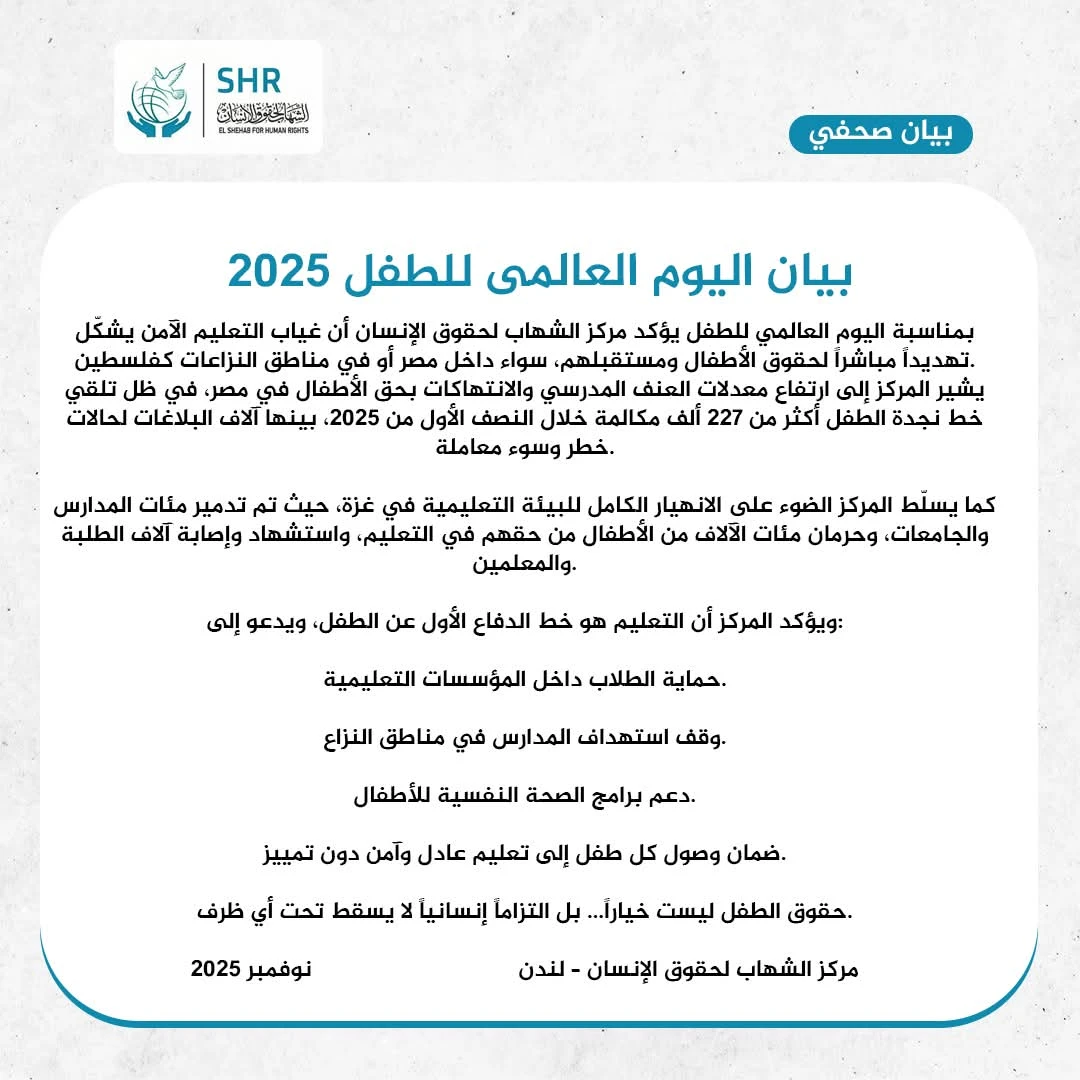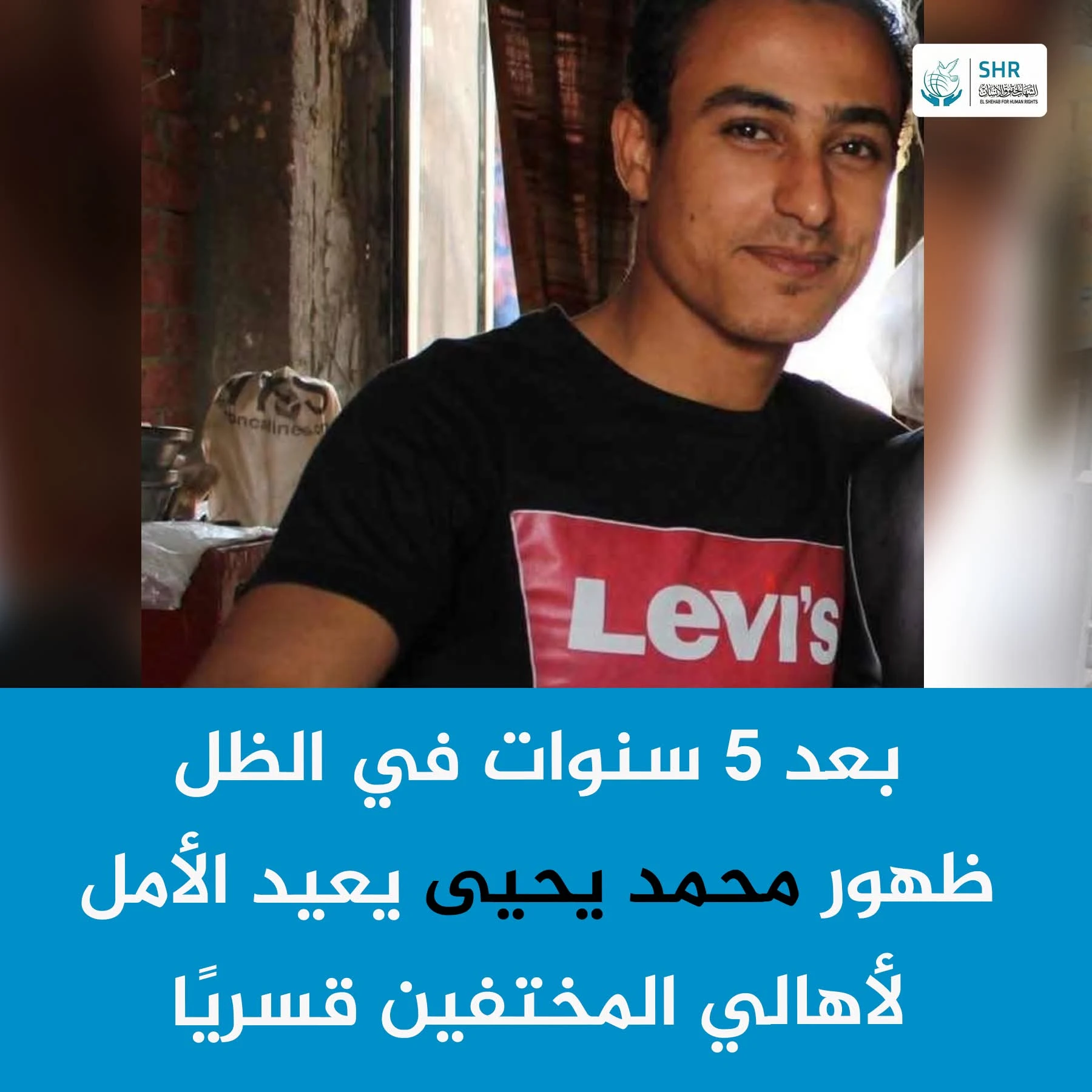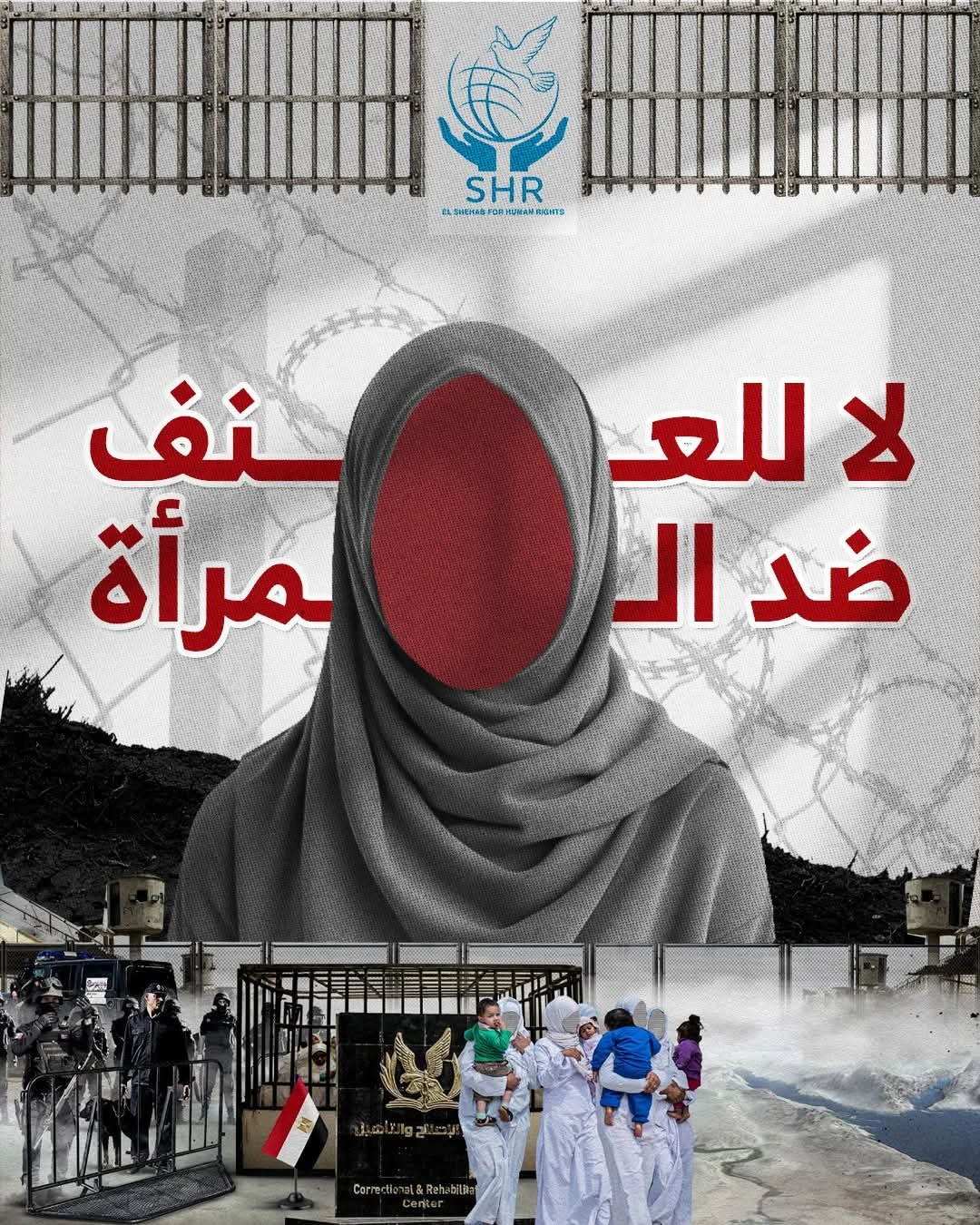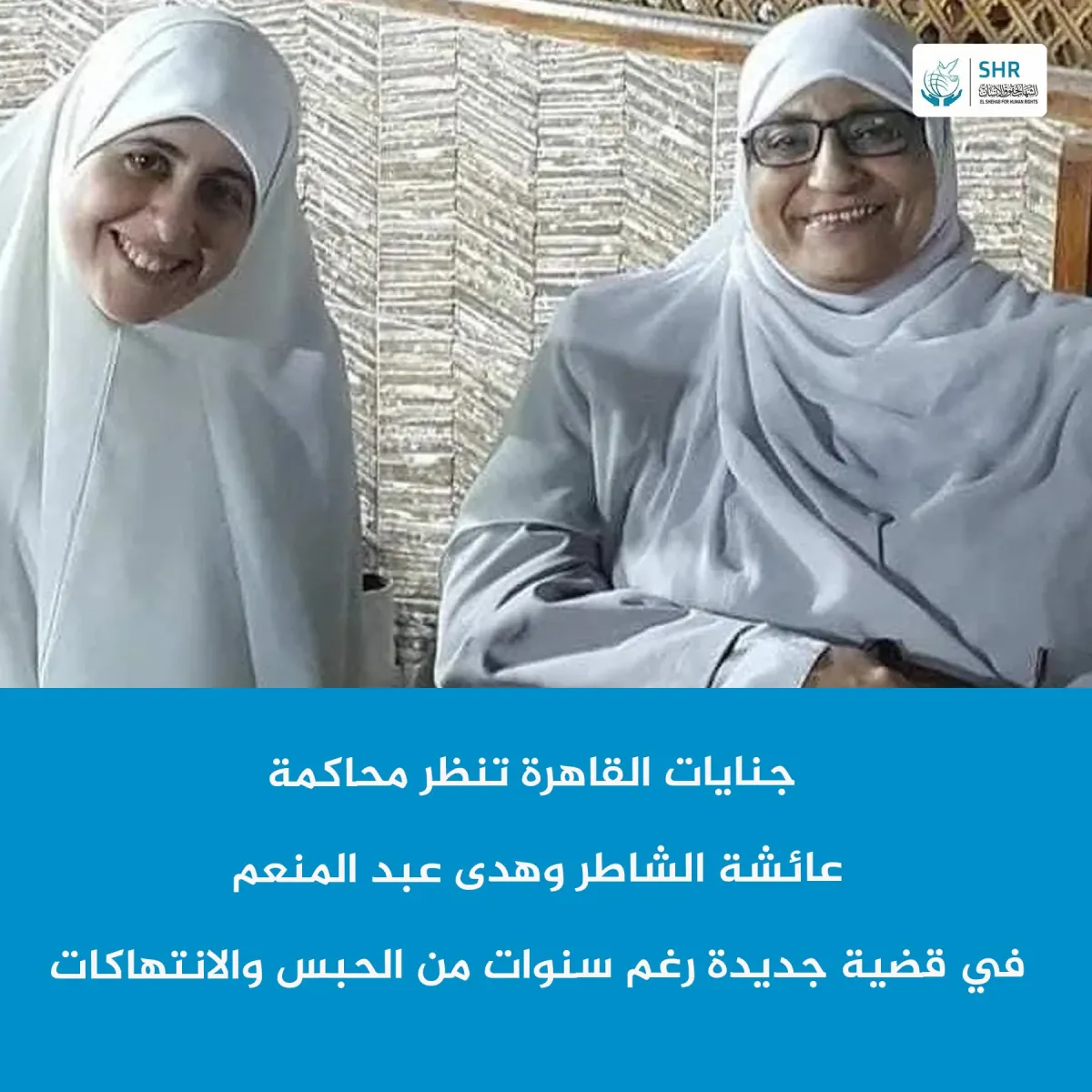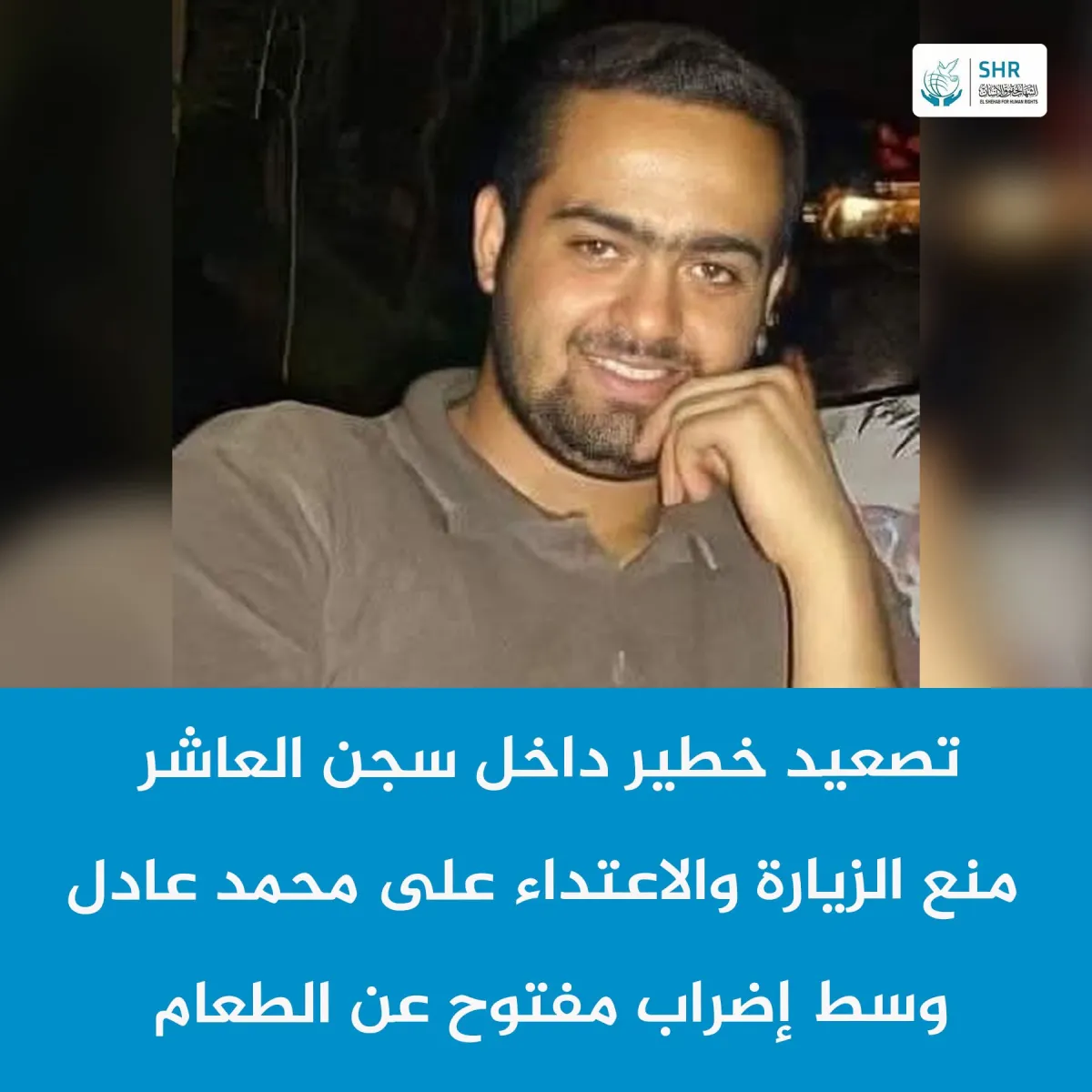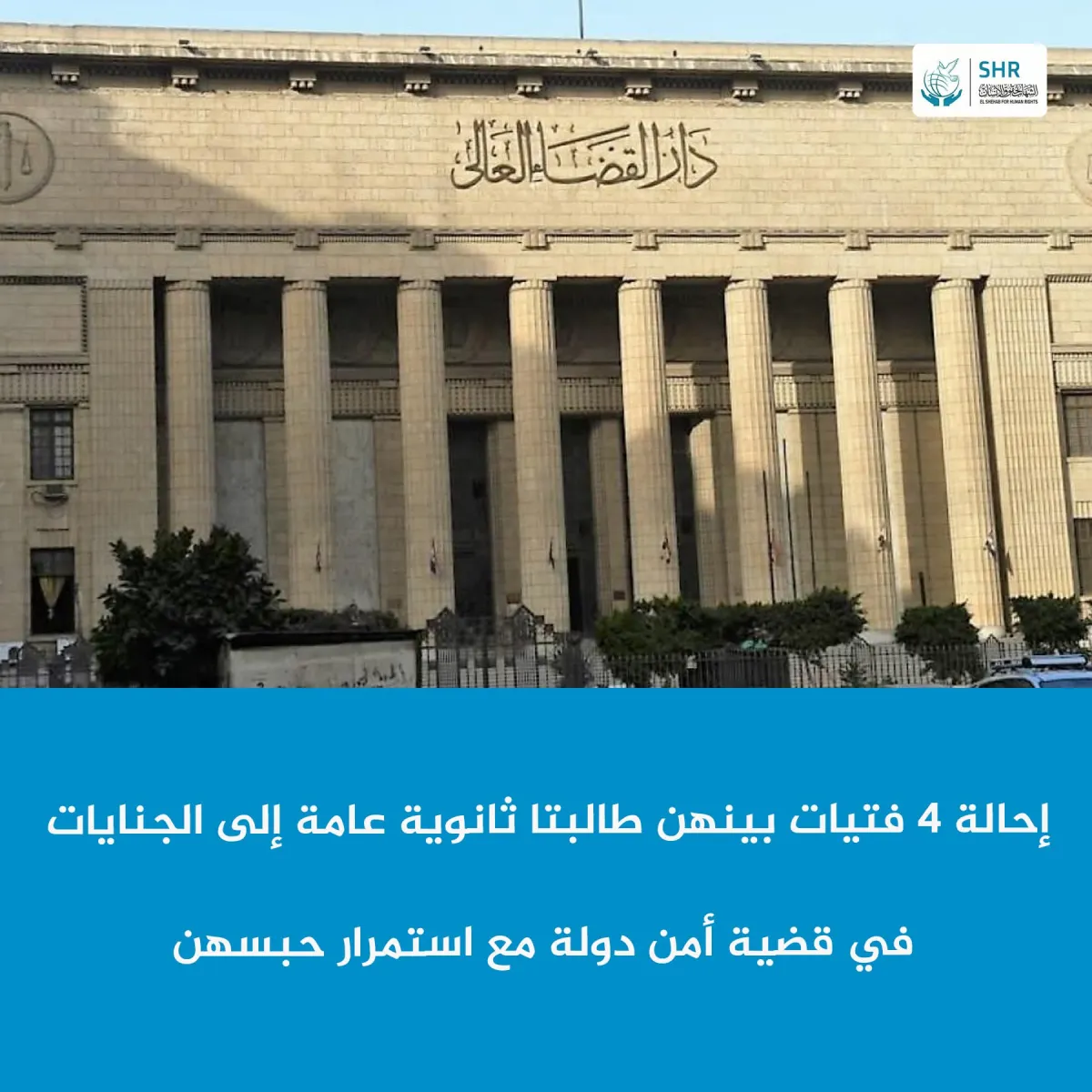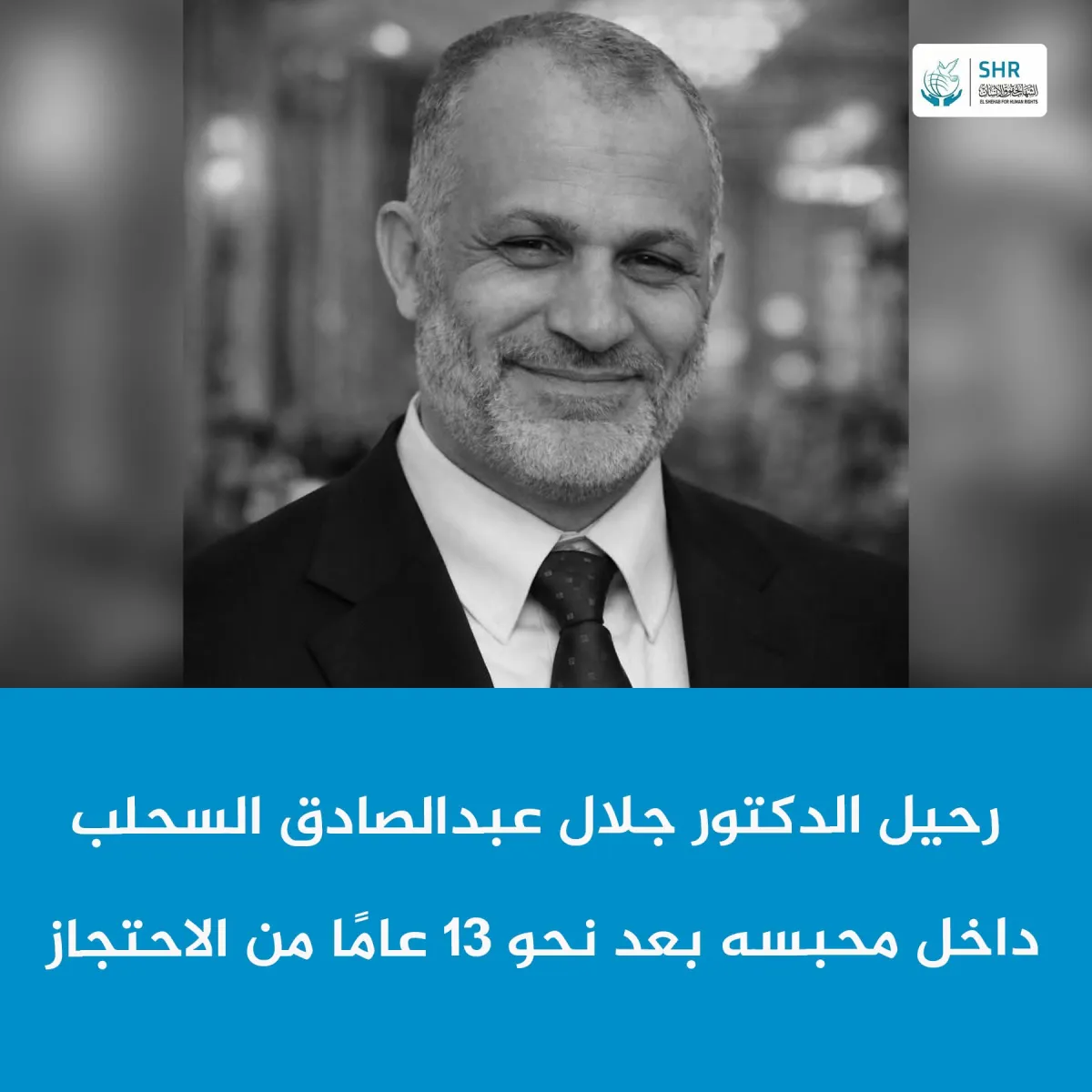بيان اليوم العالمى للطفل 2025
الأمن والحماية للطفولة: أرقام مصرية ورسالة تضامن مع أطفال فلسطين
_ بمناسبة اليوم العالمي للطفل، والذي ينطلق دولياً في 20 نوفمبر/ تشرين الثاني 2025، وبالنظر إلى ما يمثله هذا اليوم من دعوة متجددة لتعزيز حقوق الأطفال وحمايتها، يُصدر مركز الشهاب لحقوق الإنسان هذا البيان في إطار المبادىء التى أكدت عليها اتفاقية حقوق الطفل واعلانات المفوضية السامية للأمم المتحدة لشؤون اللاجئين واليونيسيف، الرامية إلى تعزيز وضمان الحق في التعليم للأطفال، والتي تسعى إلى وضع معايير واضحة وملزمة لحماية هذا الحق خاصة في سياقات الأزمات والنزاع المسلح.
_ ويمثل غياب التعليم الجيد أهم العوائق البنيوية أمام تحقيق السلام المستدام، إذ يؤدى إلى إعادة إنتاج دورات العنف وعدم الاستقرار عبر الأجيال، كما يؤدي إلى اتساع فجوة عدم المساواة، وانتشار الفقر، وحرمان الفئات المستضعفة من فرص المشاركة الاجتماعية والاقتصادية، مما يغذي مشاعر التهميش، ويزيد احتمالات العنف المجتمعي، فحين يفشل النظام التعليمي في توفير مهارات التفكير النقدي، والتسامح، وحل النزاعات، يظل الأطفال أكثر عرضة للتجنيد في الصراعات، وتبنى خطاب الكراهية والتطرف، وبالنظر إلى السياق المصري فغياب التعليم الجيد لا يمتد أثره على المستوى الأكاديمي فقط، بل يمتد إلى الجانب النفسي والاجتماعي للأطفال، ويجعلهم أكثر عرضة للتعرض للتنمر، والعنف المدرسي، وسوء المعاملة داخل المؤسسات التعليمية. هذه الظروف تؤدي إلى انتكاسات خطيرة تظهر في حالات الانتحار أو الانخراط في سلوكيات إجرامية، وهو ما يهدد استقرار المجتمع ويُضعف فرص بناء السلام المستدام، وفي هذا الشأن فقد استقبل خط نجدة الطفل 16000 التابع لــ المجلس القومي للطفولة والأمومة، خلال الفترة من يناير وحتى يونيو 2025، عدد 227 ألف و 523 مكالمة هاتفية بمتوسط يومي 1243 مكالمة هاتفية، كما سجل الخط الساخن 16000 (11 ألف و 644 شكوى وطلب مساعدة وخدمة)، بمتوسط يومي 65 بلاغاً يوميًا، علماً أن 87% من إجمالي المكالمات كانت لطلب الدعم والمساندة للأطفال في وضعية الخطر، وهو مؤشر واضح على حجم الانتهاكات التى تواجه الأطفال في بيئة التعليم المدرسي في مصر.
_ وإذا كان غياب التعليم يضعف ركائز السلام المستدام، ويُقوض قدرة المجتمع على بناء مستقبل آمن، فإن الأوضاع تزداد قتامة في المناطق التي تشهد صراعاً أو نزاعاً مسلحاً، ففى تلك البيئات تتجسد مجموعة من المظاهر الخطيرة التي تعكس انهيار الحق في التعليم من بينها: استهداف المدارس أو تحويلها إلى مواقع عسكرية، وانقطاع الأطفال عن الدراسة؛ بسبب الخوف وفقدان الأمن، ونزوح الأسر، وتشرد المعلمين والطلاب وتدمير البنية التحتية التعليمية، والنزوح الداخلي الذي يُعد أخطر التداعيات، إذ يُجبر الأطفال على ترك مدارسهم والانتقال إلى مراكز الإيواء؛ مما يفاقم معدلات الانقطاع، ويٌعّمق الفجوة التعليمية، ولنا في فلسطين العزيزة أسوة مأساوية، لما يشهده التعليم من انتهاكات مريعة في ظل النزاع المسلح.
فبحسب خريطة استقصائية أعدها فريق "الجزيرة تحقق" في سبتمبر 2025، فإن الحرب الإسرائيلية على قطاع غزة لم تترك مرفقا تعليمياً واحداً سالماً، بعدما تعرضت المئات من المدارس والجامعات للتدمير الكلي أو الجزئي في مختلف محافظات القطاع.
ويؤكد التحليل أن استهداف المرافق التعليمية، الذي بدأ منذ الأشهر الأولى للحرب، كان منهجيا ومستمرا، مما يهدد مستقبل آلاف الطلبة الفلسطينيين.
وكشفت التحليل عن أرقام صادمة تعكس حجم الكارثة التعليمية في قطاع غزة، إذ أن 204 من المؤسسات التعليمية دُمرت كليا، منها: 190 مدرسة و14 جامعة، بالإضافة إلى تضرر 305 من المؤسسات جزئيا، من بينها: 293 مدرسة و12 جامعة. (الجزيرة)
وتسببت الحرب في تدمير البيئة التعليمية، فوفقا للمكتب الإعلامي الحكومي فإنها حرمت أكثر من 785 ألف طالب وطالبة من التعليم في المراحل المختلفة، واستشهد أكثر من 19 ألف طالب وطالبة، وأصيب نحو 29 ألفاً، كما استشهد أكثر من ألف معلم وإداري، وقتل أكثر من 230 أكاديمياً، وأصيب أكثر من 1420 آخرين. (الأناضول)
وبحسب تقارير الأمم المتحدة واليونسكو بين 7 أكتوبر 2023 و2025، تم استهداف ما يقرب من 403 من أصل 564 مبنى مدرسي، منها 85 مدرسة دمرت كلياً، و 73 فقدت نصف هيكلها على الأقل؛ مما امتد أثره على 435,290 طالباً، و16,275 معلماً، ما جعل التعليم شبه مستحيل لأكثر من 658,000 طفل محرومين من الوصول إلى نظام تعليم نظامى، هذا إلى جانب أن بعض المدارس تحولت إلى ملاجىء للنازحين. لكن حتى هذه الملاجئ لم تسلم من القصف فحوالي 62% من المباني المدرسية المستخدمة كملاجئ تم استهدافها مباشرة.
_ وتأتى توصيات مركز الشهاب لحقوق الإنسان في ضوء ما تم عرضه من معطيات، وشهادات، ورصد ميدانى بشأن الوضع الراهن، انسجاماً مع التوجهات الدولية، والمعايير الأممية لحماية الأطفال، وضمان حقهم في التعليم، كما تهدُف هذه التوصيات إلى تعزيز الاستجابة الوطنية، وتفعيل آليات الحماية، وتبنى سياسات تتماشى مع أفضل الممارسات العالمية في السياقات المستقرة، ومناطق النزاع المسلح، فعلى المستوى المحلي يوصى بضرورة حماية الطفل داخل المؤسسات التعليمية، عبر تفعيل وحدات للرصد والاستجابة السريعة لحوادث العنف والتنمر وتدريب المعلمين على أساليب التعامل غير العنيف، ودمج الدعم النفسي داخل المدارس، إلى جانب تطوير تشريعات واضحة تُجرم الاعتداءات المدرسية وتضمن استمرار التعليم في بيئة آمنة تُراعي احتياجات الطفل، واعتماد آليات شفافة لرصد الانقطاع عن التعليم، وتوثيق الانتهاكات، أما على مستوى المناطق المتأثرة بالنزاعات المسلحة، فيؤكد المركز أهمية حماية المدارس من الاستهداف العسكري والالتزام بالإعلان المدرسى الأمن، وتأمين ممرات إنسانية للطلاب، وتوفير نماذج بديلة للتعليم عبر الفصول المؤقته، والمنصات الرقمية، ودعم برامج الدعم النفسى للأطفال المتضررين، مع تعزيز دور المنظمات الدولية في توثيق الانتهاكات ضد مؤسسات التعليم وتجريم تجنيد الأطفال، وضمان دمجهم في العملية التعليمية دون تمييز، باعتبار التعليم خط دفاع أساسي لحماية مستقبل الأطفال في سياقات الصراع.
إنَّ حقوق الأطفال هي من حقوق الإنسان، وهي عالمية وغير قابلة للتفاوض، كما أن إعمال حقوق الطفل هو بوصلتنا نحو إقامة عالم أفضل اليوم، وغداً، وفي المستقبل.
_ ويؤكد مركز الشهاب لحقوق الإنسان، أن السلام المستدام لا يمكن أن يتحقق دون تعليم شامل وعادل وآمن يعيد دمج الأطفال، ويعزز قيم الحقوق الإنسانية، ويمنح الأجيال القادمة أدوات بناء مجتمعي قائم على العدالة وسيادة القانون.
مركز الشهاب لحقوق الإنسان لندن _ نوفمبر 2025
